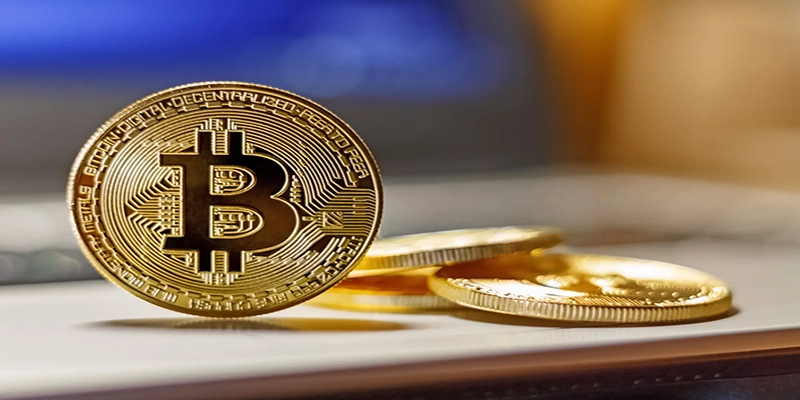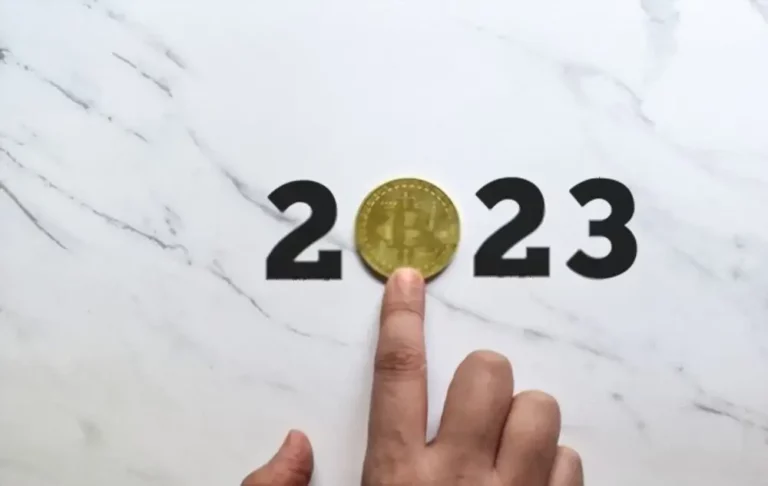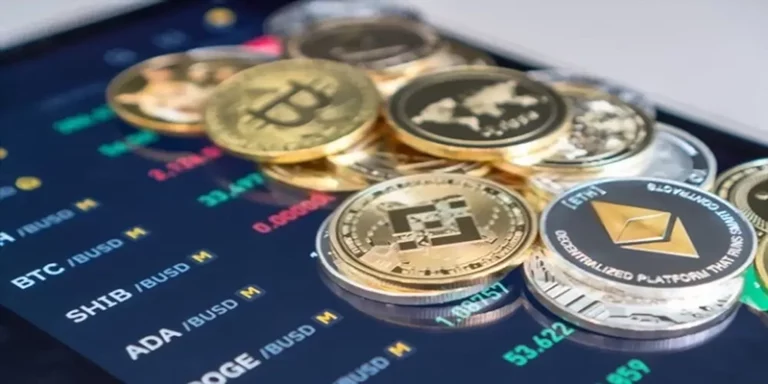Hedging crypto- How To Hedge Bitcoin
Why is Bitcoin being sold to protect against inflation, and can it make up for the fact that fiat currencies are losing value? Let’s find out about Hedging crypto. The price level is going up again. The annual inflation rate has been going up for five months. This is also true in many other places around the world.
Because of usual and unusual Hedging crypto, people are watching for ways to protect their savings from inflation’s effect of making money less valuable, and cryptocurrencies like Bitcoin seem to be the perfect answer. Bitcoin has labored well as a hedge against inflation in the short time it has been around. It has carried in more money and is called “digital gold.”
This brings us back to a time when gold was one of the few things people could use to protect themselves from the falling value of fiat currency. But why is Bitcoin being sold as a way to protect against inflation? Can it make up for the fact that fiat currencies are losing value? Let’s find how Hedging crypto is working to control inflation.
How to Understand Inflation
In short, inflation is when the prices of goods and services go up. When prices go up, people have less money to buy things. Because of this, you now need more fiat currency to buy goods or services that you could get for less in the past.
One example is that a chocolate bar that cost 20 rupees two years ago now costs 30 rupees. This is because of rising prices. Both big and small factors can cause inflation in an economy. Most experts agree that sustained inflation happens when the amount of fiat currency in circulation grows faster than the country’s economy.
Usually, a country’s central bank is in charge of keeping inflation in check. It keeps an eye on how much fiat currency is in circulation and keeps credit limits in place for the economy’s good.

How does Hedging crypto works against inflation?
In a perfect world, a hedge against inflation should gain value even as the buying power of fiat currency goes down. Throughout history, gold and real estate were common ways to protect yourself from inflation. During inflation, these assets usually kept their value or even went up.
By putting your money into these assets, you can keep your savings from losing value due to inflation. But investors have been less and less interested in gold over time. Even though it’s still a good long-term investment, it doesn’t bring in as much money as it used to. It is also very hard to transport and store.
Even real estate has been hurt, especially since the market crash of 2008. It’s also very hard to get into, so only a few people can invest. People had to look for other assets that could protect them from inflation because traditional options were no longer as good as they used to be. Indeed Hedging crypto works very well. So, Enter Bitcoin!
How does bitcoin serve as a hedge against inflation?
Bitcoin is a good way to protect yourself from inflation because there are only so many coins. When Satoshi Nakamoto made Bitcoin, the largest cryptocurrency in the world, he put a limit of 21 million bitcoins in Bitcoin’s source code.
Since then, about 19 million coins have been made, so only 2 million more need to be made. No one can change bitcoin’s source code to make more of them. By doing so, a new blockchain would be made. So, if there isn’t an extra supply of coins, the ones already out there will eventually become scarce, which will increase the demand and cause the asset price to go up.
Also, Bitcoin is much easier to move around than gold. It can be sent in a matter of seconds from one part of the world to another. It is also available to anyone with a smartphone and internet access. This lets many people who don’t have bank accounts use it.
Since it came out, the price of Bitcoin has also changed a lot. When it was first created in 2009, it was worth less than 1 cent per unit. Now, a sole bitcoin is valued at more than $45,000. Also, in 2021, Bitcoin will reach its all-time high of $67,567.
But is Bitcoin a good way to protect oneself against inflation?
It should be a great way to protect against inflation, in theory. It is hard to get, so it is a scarce asset. It is fungible, meaning you can trade one bitcoin for another without decreasing the value. It is also easy to get to, widely accepted, and appreciated. But because of many different things, its price has been very unstable.
Bitcoin became more popular at the end of 2017 but crashed at the end of 2018. In the same way, it reached an all-time high in 2021 and then dropped the next year. Bitcoin “whales” have also changed the asset’s price by buying or selling large amounts. This shows that the price of Bitcoin is being driven by speculation. They could change the price of the asset no matter if there is inflation or not.
Another matter with bitcoin is that it is subject to many rules from governments worldwide. This means that institutions and governments often have a lot of power over the asset’s price. And strict rules against Bitcoin can make it harder for people to use it, which can cause prices to fall.







